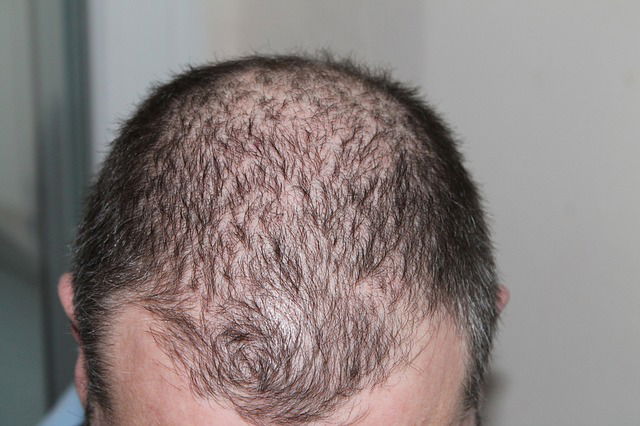
Recently, a genomic study of baldness finds more than 200 genetic regions are involved in this common but potentially embarrassing condition.
These genetic variants may help predict a man’s chance of severe hair loss.
The study is published in PLOS Genetics. It is the largest genetic analysis of male pattern baldness to date.
Before this new study, only a handful of genes related to baldness had been identified.
In the study, the University of Edinburgh scientists examined genomic and health data from over 52,000 men of the UK Biobank, and they performed a genome-wide association study of baldness.
They discovered that 287 genetic regions linked to the condition. Many of the identified genes are related to hair structure and development.
After that, the team tried to predict the chance that a person will go bald, based on the presence or absence of certain genetic markers.
Although accurate predictions for a man are still some way off, but the results can help to identify people whose risk of hair loss is much higher.
They could provide possible targets for drug development to treat baldness or related conditions.
The researchers think it was interesting to find that many of the genetics signals for male pattern baldness came from the X chromosome, which men inherit from their mothers.
They would expect to see an even stronger genetic signal if we were able to identify those with early-onset hair loss.
There is still a long way from making an accurate prediction for an individual’s hair loss pattern.
But the findings pave the way for an improved understanding of the genetic causes of hair loss.”
Copyright © 2018 Knowridge Science Report. All rights reserved.



